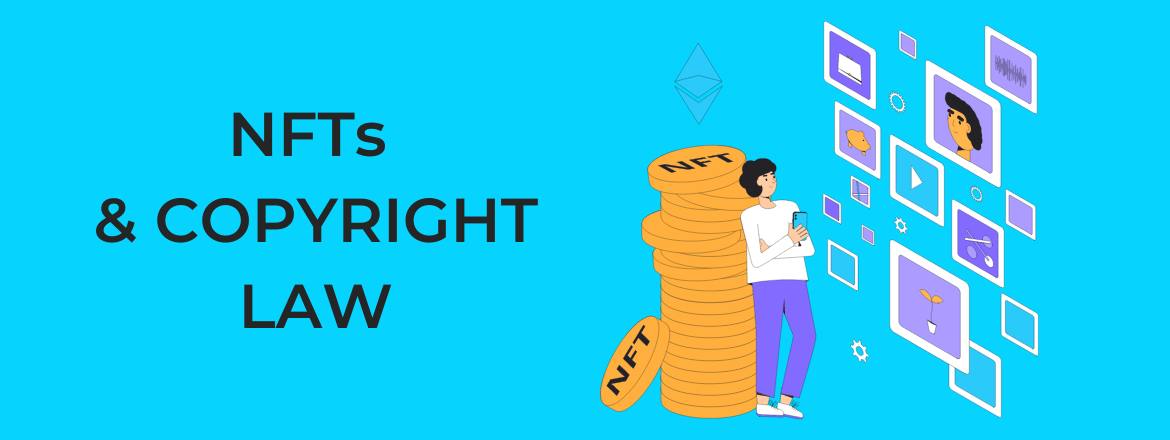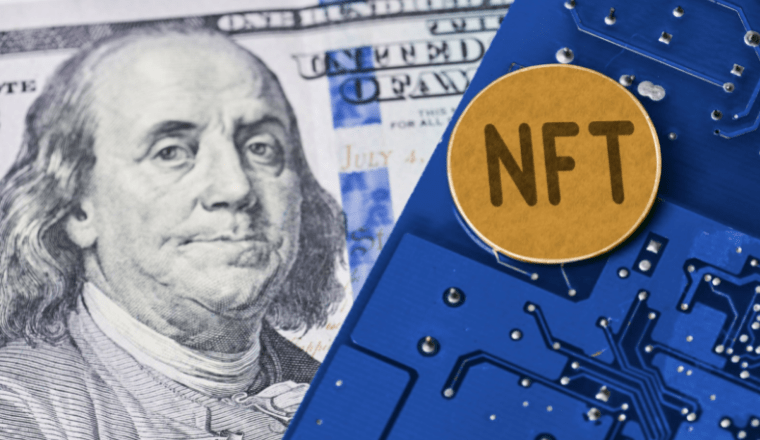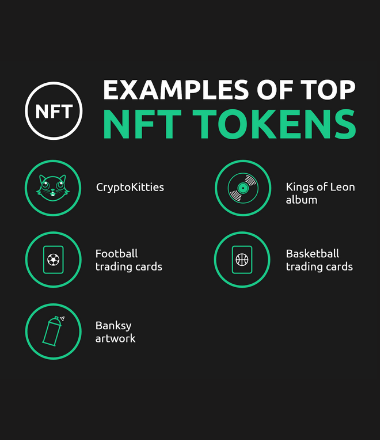What is a Non-Fungible Token (NFT)?
A non-fungible token (NFT) is a unique digital asset that represents ownership of a distinct item or piece of content, such as a piece of art, a collectible, or a piece of music. Unlike fungible tokens, such as cryptocurrencies, NFTs cannot be exchanged for an equal value and are indivisible. NFTs are usually stored on a blockchain, making them secure, transparent, and easily transferable.
In addition, NFTs bridge the digital/blockchain world and the 'real world' thanks to the real-world value and application of the assets. For instance, NFTs are used widely for loyalty programs like air miles, creating online gaming experiences, and digital rewards. NFTs can also be used as digital tokens representing real-world assets like real estate, precious metals, cars, and even equity or bonds. In this case, these underlying assets can easily be traded avoiding some of the bottlenecks represented by traditional markets and financial systems.
The world of cryptocurrency, crypto-art, and NFTs can often seem cryptic. For instance, NFTs can represent real-world assets or serve as certificates of authenticity. While this proves legal ownership, how does it affect intellectual property rights? For copyrights, specifically, NFTs are a legal grey area, due to a number of reasons worth exploring.
Non-fungible tokens (NFTs) have gained mainstream interest at an accelerated rate over the past year. Everyone is either buying, selling, or endorsing an NFT. This ranges from top Olympic athletes like Usain Bolt, to movie stars like Reese Witherspoon, and even the world of K-Pop has not been left untouched. Global music sensation BTS recently announced a partnership with Upbit cryptocurrency exchange to launch their own NFTs.
However, it seems that digital assets are as confusing as they are popular. While NFTs grant their owners certain privileges, do these extend to copyright? What intellectual property rights, if any, can an NFT owner or creator legally claim? To answer these questions, it is important to first understand how exactly an NFT works.
How do NFTS Work?
As previously mentioned, NFTs are built on blockchains like Bitcoin (BTC), Ethereum (ETH), Binance Smart Chain (BSC), and Tezos to name a few. To understand how NFTs work, it is important to define some of the NFT technical terms.





